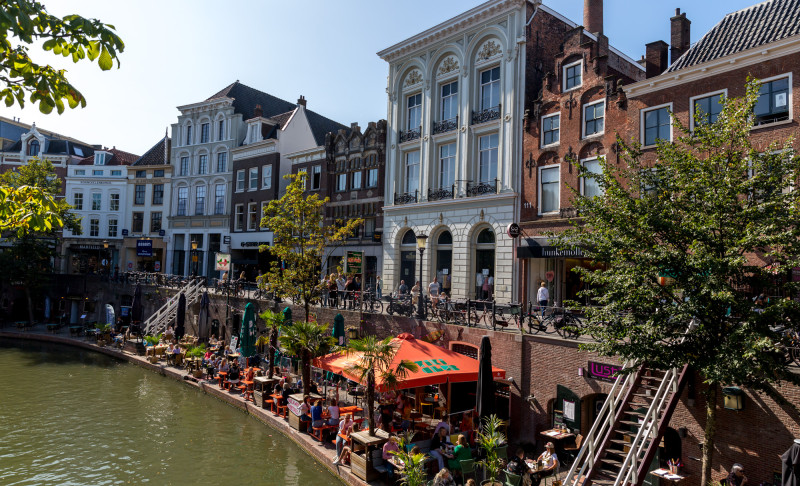
The Making of Europe: From the 20th to the 21st Century
This course provides an overview of the political, socio-economic, and cultural developments that shaped Europe throughout the 20th century and the first decades of the 21st century.

This course provides an overview of the political, socio-economic, and cultural developments that shaped Europe throughout the 20th century and the first decades of the 21st century.
During this course, you will be looking through the prism of European integration and the evolution and current challenges of the European Union across different policy fields. Many deeply impacting developments occurred over the course of the 20th century: Two World Wars were fought, the birth of the European Union and the fall of Communism, just to name a few. Being such a crucial city in Europe’s history in the 20th and 21th century, Berlin is the most logical location for this course. Special emphasis will also be given to Germany's role in the middle of the continent. The city of Berlin, with all its tangible historical remains, will be dealt with as a city of former crisis with great promises for a better future.
In this course we will try to identify the democratic values that have shaped the rebirth of Europe and discuss the challenges with which present-day Europe is faced. The course will reflect on Europe's place in the global, multi-polar world of the 21st century.
Several excursions will be organized in which you will visit some key historic sites as well as prominent EU and German institutions based in Berlin.
The course is open to undergraduate students from different fields of study with an interest in culture, society and politics. A general background in the social sciences may help, but no specific expertise is required.
At the end of this course, you will be able to:
Students receive 6 ETCS credits upon successful completion of the course, which equals a workload of 150 hours including 48 contact hours. 48 contact hours (six hours per day). Students must attend classes, engage actively in class discussions, and regularly contribute ideas to the class to be able to successfully complete this course. There will also be a midcourse exam and a final exam.
For those who are registered for student housing, this is available from the Saturday before the start of the course until the last Saturday after the course, regardless of the actual days of arrival and departure. More information regarding the accommodation in Berlin is presented here.
Housing is optional. After the application deadline, you cannot adjust your housing option (with or without arranged housing) in Berlin, i.e. participants who register without housing will then have to find their own housing in Berlin, or students who applied with housing, cannot cancel this after 1 June 2026. In case of cancellation by the participant after 1 June, the service fee (€ 250) as well as the fee for accommodation at Ju-Li Hostel in Berlin (€ 450) amounting to a total of € 700 cannot be refunded. The remaining amount will be refunded according to our regular cancellation policy.